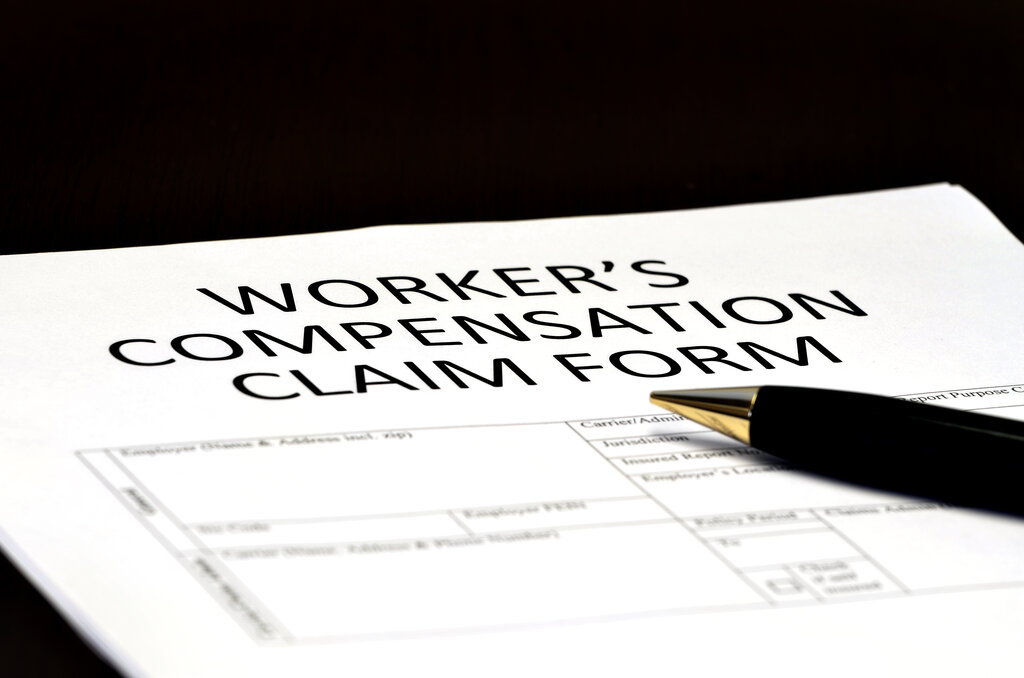
If you suffer an injury on the job in Pennsylvania, you’re most likely entitled to workers’ compensation benefits. The first step towards benefits is having your injuries examined and diagnosed by a doctor. But when you meet with the physician, be careful about what you say.
Your doctor’s evaluation is an essential piece of your application for workers’ compensation benefits. However, any statements you make could end up in your medical record and cost you dearly. Here are five key things to avoid when speaking to your doctor about an on-the-job injury:
Exaggerating Your Symptoms
You want to make sure all of your injuries are covered in a workers’ comp claim, which makes it tempting to inflate the nature or severity of your symptoms. Don’t do this. Your doctor will most likely know if you’re lying, and there are certain tests they can perform if they suspect you’re exaggerating your symptoms.
X-rays and other exams may also reveal if you’re overstating the extent of your injuries. If your doctor thinks you’re exaggerating and notes that in your records, the insurance company may use that as an excuse to deny your claim.
Making Up Symptoms
Lying about symptoms you don’t have will almost certainly backfire. Physicians are wise enough to know that, unfortunately, not all patients are honest ones. Diagnostic procedures can easily reveal that you’re lying. If you’re caught in a lie, or even if the doctor suspects you of lying, they’ll record it in your medical history. When your employer’s workers’ compensation provider sees those records, your dishonesty could be enough to sink your claim.
Leaving Out Pre-Existing Conditions
It’s natural to be concerned about being denied benefits after a work injury if you’ve had a similar injury in the past. It’s tempting to omit your pre-existing condition from discussions with a workers’ comp doctor, but be truthful.
A prior injury does not prevent you from recovering workers’ compensation for a new injury. If you don’t tell your doctor about the past injury, they may think that you’re faking your current one or that the recent injury is just a recurrence of the old one. Either way, your claim is now in jeopardy because of your omission.
Omitting Details About the Accident
When explaining the details of a work-related accident to their doctor, some people leave out details that may make them look bad. But remember, workers’ compensation is a no-fault benefit, so it doesn’t matter who caused the accident. Omitting details can hurt your credibility, especially if what you tell your doctor doesn’t align with your employer’s account of what happened.
Badmouthing Your Employer
Always assume that anything you say to your doctor could end up getting back to your employer or your workers’ compensation provider. Saying negative things about your employer makes you look bad, not to mention potentially getting you in trouble with your boss. Keep your tone neutral and stick to the basic facts of the accident when speaking to your doctor.
Contact a Workers’ Compensation Lawyer Today
Have you been injured on the job and need help obtaining workers’ compensation benefits? Don’t wait to speak with the Pennsylvania workers’ compensation attorneys at Calhoon & Kaminsky P.C. by calling our office, talking with us via live chat, or visiting our contact page.
- About the Author
- Latest Posts
Mr. Kaminsky was raised in Towanda, a small town in Northeastern Pennsylvania, where his parents instilled in him traditional values of hard work and caring for your community. This is reflected in his dedication to protecting injured workers’ rights and ensuring Employers take responsibility for their employee’s injuries.



